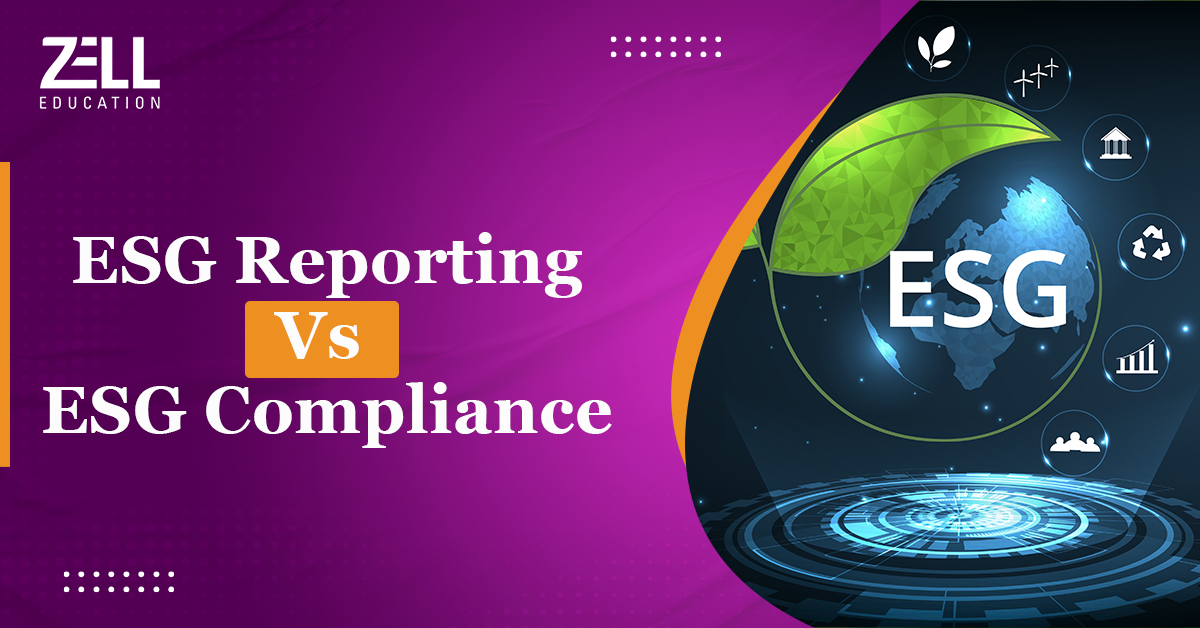What Are Some Of The Most Exciting Professions In Finance?
Finance can be a rewarding industry to work in if you are working in a space that interests you. Aside from a decent paycheck, one of the greatest advantages of working in such a field is the number of growth opportunities you are presented with. If you are still unsure about what to specialise in or are just exploring your options before finishing your graduation, we have made a short compilation of the career options available to you in finance.
Top Professions In Finance
1. Wealth Manager
Wealth Management is a profession that falls under the category of financial planning. A Wealth Manager will create customised investment strategies and plans for their clients after going through their financial history and future goals. In addition to investment-related advice, Wealth Managers can also help you with tax management as well as the legal aspects of your finances. To be a Wealth Manager, you should have certain credentials like Certified Financial Planner (CFP) or that of a Certified Public Accountant (CPA). If you are interested, you can check out our Certified Public Accountant (CPA) Course for more details.
2. Investment Banker
For those who are confident in their finance and accounting skills and can work well in high-pressure situations, investment banking could be the right fit for you. An Investment Banker should ideally have great analytical skills, numerical dexterity and up-to-date knowledge about the financial market. Such professionals are usually hired to analyse the financial history and landscape of a company. They offer insights on the changes that are needed and the potential investment possibilities.
3. Stockbroker
In general terms, a Stockbroker is a professional who buys and sells stocks either for themselves or for their client. They also help manage the existing investments of their clients in stocks or bonds and offer them advice on the next move to make. If you have completed your graduation in commerce or have an MBA in Finance, you are eligible to work as a Stockbroker. A Stockbroker who works for himself or works as a consultant is supposed to maintain their client list and make stock purchases on their behalf.
4. Actuary
An Actuary is responsible for measuring the potential risk to the company or person for insurance purposes. They are also supposed to collect statistical data and use it to come up with new business strategies and manage the levels of risk of a company. To work as an Actuary in India, one must clear the Actuarial Common Entrance Test (ACET) before registering at the Institute of Actuaries of India (IAI).
5. Financial Analyst
A Financial Analyst is hired by organisations to look after the company’s finances and gather information from accounting reports to come up with suggestions to improve the current financial conditions of the company. They also make projections or forecasts based on the reports that they have created based on the existing data. A Financial Analyst should be able to keep up with the latest trends in the financial markets and help the company by figuring out its strengths and weaknesses. If you have earned a bachelor’s degree in finance or have completed certain courses like Chartered Financial Analyst (CFA) Program. The average salary of a Financial Analyst is INR 4.28 lpa.
6. Financial Software Developer
You don’t always have to be a finance guru to work in the finance industry. The field of financial technology, or fintech as it is called these days, is growing rapidly across the world. A Financial Software Developer is a professional who works on designing and testing software specifically for the banking and finance sector. As the demand for online methods of payment is surging rapidly, a Financial Software Developer proves to be a real asset to any banking and finance company. To be a successful developer, it is important to be skilled in at least one programming language such as Javascript, Swift, or Scala. The average base salary of a FinTech Software Engineer or Developer is INR 6.20 lpa.
7. Compliance Officer
The primary responsibility of a Compliance Officer in an organisation is to make sure the said organisation complies with the laws and conditions of their industry. Such professionals may work in public or private organisations to ensure the necessary standards are being met and regulations being followed. Sometimes, these professionals could also find opportunities in nonprofit organizations to oversee their operations. The average base salary of a Compliance Officer is INR 5.06 lpa.
8. Information Technology Auditor
Information technology Auditors or IT Auditors are professionals that look after the technological infrastructure of a company and suggest ways to improve its performance and efficiency. Just like a Financial Software Developer, an IT Auditor is another non-finance professional with a lot of value in the FinTech sector. However, to work in the finance sector, such professionals need to have some basic knowledge about business and financial practices. The annual base salary of an IT Auditor is approximately INR 9.01 lpa.
9. Hedge Fund Manager
Hedge funds or similar private investment partnerships are actively managed liquid investments made by high net worth individuals. Such investments offer bigger returns but also often have a higher risk. A Hedge Fund Manager is usually hired by such high net worth individuals to monitor the financial markets and make the maximum amount of profit from their existing investments. A Hedge Fund’s job profile is quite similar to that of an Investment Banker, the key difference being the extent of rewards and risks to be expected from the investments. Hedge fund management is one of the most lucrative careers to work in since the average base salary of a Hedge Fund Manager is INR 15 lpa.
10. Logistics Analyst
A Logistics Analyst is responsible for the entire production side of a business. They look after aspects like inventory management, invoicing, and shipment tracking. They also analyse what would be the most cost-efficient and convenient way of shipping for the company and collaborate with air, ocean, or trucking couriers to control the processes. Pursuing courses in supply chain management or a Diploma in Logistics can increase your chances of landing higher positions at such workplaces. On average, the salary of a Logistics Analyst can fall between INR 4 lpa to INR 6 lpa.
11. Business Management
If the profile of a Business Manager appeals to you, you might want to get a Master of Business Administration degree. After getting a management degree, one can work in numerous fields depending on their expertise and the industry they are passionate about. You can either choose to work full-time with a company or you can work as a Management Consultant for numerous businesses. If you have the desire to work in the field of finance there are numerous paths and career options for you to choose from. Even if you are not from a finance background but have strong technical skills, you may be able to find a spot in the industry. The Chartered Financial Analyst is a globally recognised qualification in the field of finance and investment. If you have recently completed your graduation or are appearing for your final semester, you may be eligible to become a CFA. Interested? We highly recommend checking out our Chartered Financial Analyst (CFA) course.
FAQs
Which companies pay the highest salary in finance?
Larger and more reputed companies like J.P. Morgan, Wells Fargo, Goldman Sachs and HSBC are more likely to offer higher salaries to finance professionals.
What are some top FinTech Careers?
Professionals who are looking to work in the Financial technology industry can prepare for careers like Cyber Security, App Development, Artificial Intelligence & Machine Learning and Algorithm trading.
Which is more preferable after B.Com, doing a job or earning more qualifications?
If you are looking to increase your earning potential, the qualification of B.Com does not offer much room for growth. Instead, you can either consider doing your master’s or at least completing a short certification course to upskill yourself.









